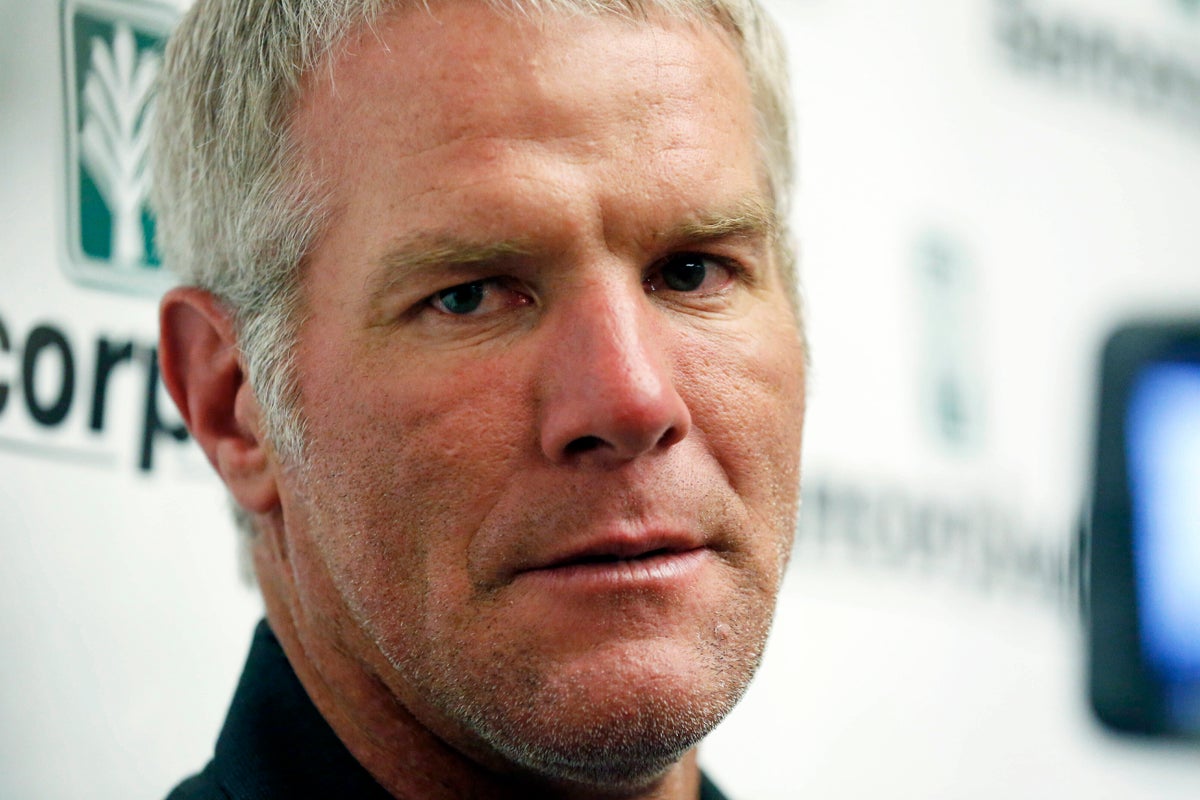
Your support helps us to tell the story
A federal appeals court refused Monday to revive a defamation lawsuit that former NFL quarterback Brett Favre filed against a fellow Pro Football Hall of Fame member — former tight end Shannon Sharpe.
Favre's filed the lawsuit over comments Sharpe made in 2022 on a Fox Sports show amid a developing Mississippi welfare scandal involving millions of dollars diverted to rich and powerful people.
Mississippi State Auditor Shad White said Favre improperly received $1.1 million in speaking fees to go toward a volleyball arena at The University of Southern Mississippi, where Favre had played football and where his daughter was playing volleyball. The fees were from a nonprofit organization that spent Temporary Assistance for Needy Families money with approval from the state Department of Human Services.
Sharpe said Favre was “taking from the underserved,” that he “stole money from people that really needed that money” and that someone would have to be a sorry person “to steal from the lowest of the low.”
Favre was not charged with breaking the law and had paid back $1.1 million. White said in a court filing in February that Favre still owed $729,790 because interest caused growth in the original amount he owed.
Favre sued Sharpe over his criticism on the show. A federal district judge tossed the suit, and the 5th U.S. Circuit Court of Appeals rejected Favre's appeal Monday.
The ruling said Sharpe’s comments were constitutionally protected opinions based on publicly known facts.
“His statements are better viewed as strongly stated opinions about the widely reported welfare scandal,” Judge Leslie Southwick wrote in Monday's opinion on behalf of a unanimous three-judge appellate panel.
Southwick said alleged inaccuracies in Sharpe's comments were corrected during the show by Sharpe's co-host, who noted that Favre was not criminally charged and had paid back the initial $1.1 million. Sharpe himself said during the program that Favre had asserted he didn't know the source of the funds, Southwick said.
“At the time Sharpe made the statements, the facts on which he was relying were publicly known, and Sharpe had a right to characterize those publicly known facts caustically and unfairly," Southwick wrote.







